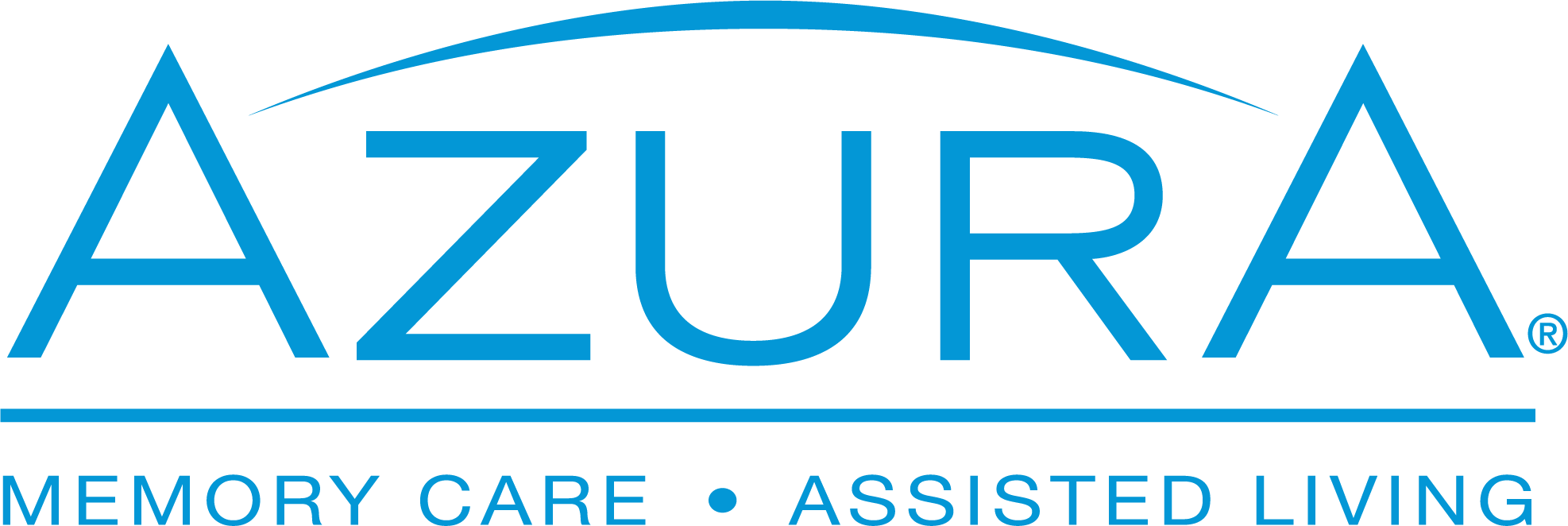When Is It Time to Move to Assisted Living?
Knowing when it’s time to move to assisted living can be difficult—both emotionally and practically. Here are some clear signs and factors that often indicate it may be time to consider the move:
Health and Safety Concerns
- Frequent falls or accidents at home.
- Chronic health issues that require ongoing medical attention or supervision.
- Memory loss or signs of dementia that affect daily functioning.
- Poor medication management (missing doses or overdosing).
- Weight loss or poor nutrition due to inability to shop, cook, or eat properly.
Decline in Daily Living Activities
- Struggles with basic tasks like bathing, dressing, toileting, grooming, or mobility.
- Home is becoming unkempt or unsanitary.
- Laundry, cleaning, and other housekeeping tasks are not getting done.
- Bills are unpaid or important appointments are missed.
Social Isolation or Loneliness
- Withdrawal from social activities or favorite hobbies.
- Signs of depression or mood swings.
- Lack of a nearby support network (friends, family, neighbors).
Caregiver Burnout
- If family or friends are providing care, they may be overwhelmed or exhausted.
- Care needs may have outgrown what informal caregivers can manage safely.
Wandering or Unsafe Behavior
- Leaving the stove on, forgetting to lock doors, or wandering off (especially in dementia cases).
- Unsafe driving or refusal to stop driving despite issues.
Need for More Structure or Support
- Increasing confusion about time, routine, or tasks.
- Needs supervision or reminders throughout the day.
Your Gut Feeling
- You or your loved one might simply feel that it’s no longer safe or sustainable to live alone or with minimal support.
What To Do If You’re Not Sure
- Schedule a geriatric assessment with a doctor or social worker.
- Talk with a senior care advisor or tour local facilities.
- Discuss options with family members or trusted professionals.
Here’s a comprehensive checklist to help you evaluate whether it may be time to move to assisted living—for yourself or a loved one. You can print this out or just mentally go through each section.
Health and Medical Needs
- Has there been a recent fall or accident at home?
- Are chronic health conditions getting harder to manage?
- Are medications often forgotten, skipped, or taken incorrectly?
- Is there a need for help with mobility (walker, wheelchair, etc.)?
- Are doctor appointments missed or not followed up on?
- Are wounds, infections, or illnesses going unnoticed or untreated?
Daily Living Tasks (ADLs)
- Difficulty bathing or showering safely
- Trouble dressing appropriately for weather or occasion
- Incontinence or trouble managing toileting independently
- Problems with grooming or hygiene (e.g., unkempt appearance, body odor)
- Needs help eating or preparing meals
- Losing weight or eating poorly due to lack of access or motivation
Cognitive and Mental Health
- Increasing memory loss, confusion, or forgetfulness
- Frequently misplaces items or gets lost in familiar places
- Unsafe behaviors (leaving stove on, wandering outside, etc.)
- Difficulty with decision-making or recognizing danger
- Signs of anxiety, depression, or withdrawal from others
Home Safety and Upkeep
- Home is dirty, cluttered, or poses tripping hazards
- Dishes piling up, spoiled food in fridge
- Bills unpaid, important paperwork neglected
- Unsafe conditions (no grab bars, stairs without railing, etc.)
- Repairs or maintenance not being done
Social and Emotional Well-Being
- No longer participating in hobbies or social activities
- Isolation—goes days without talking to anyone
- Feelings of loneliness or helplessness
- Mood swings, sadness, or increased irritability
Caregiver Stress
- Family or friends are overwhelmed by caregiving duties
- Conflict or tension has increased between caregiver and loved one
- Caregiver feels physically or emotionally drained
- Medical care needs are more than caregiver can provide
If you checked 5 or more items, it may be time to seriously consider assisted living or at least speak with a professional about options (e.g., in-home care, adult day programs, or senior communities).
